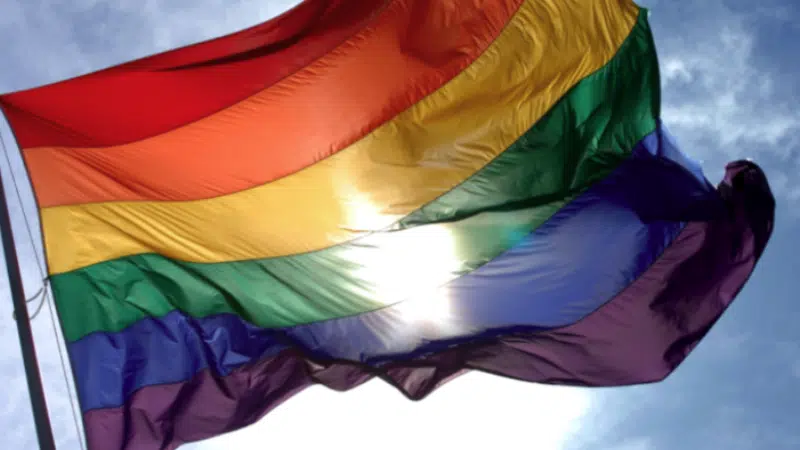
Motion to condemn conversion therapy leads to emotional council debate
Red Deer city council found itself divided Monday night over whether to formally condemn the controversial practice of conversion therapy.
The issue came to council through a notice of motion tabled two weeks ago by Councillor Dianne Wyntjes and seconded by Buck Buchanan. The motion included five defining clauses and rather than deal with them as a whole, as is most common, council voted on them individually.
The first clause to “reiterate our City’s values and beliefs in creating and supporting a diverse, welcoming, inclusive, safe and supportive community” was passed unanimously.
Next, that council “supports and upholds that conversion therapy negatively impacts the physical and psychological wellbeing, safety, security, dignity, inclusion, and equality of LGBTQ2 persons and residents” passed 6-3, with councillors Tanya Handley, Frank Wong and Vesna Higham dissenting.


